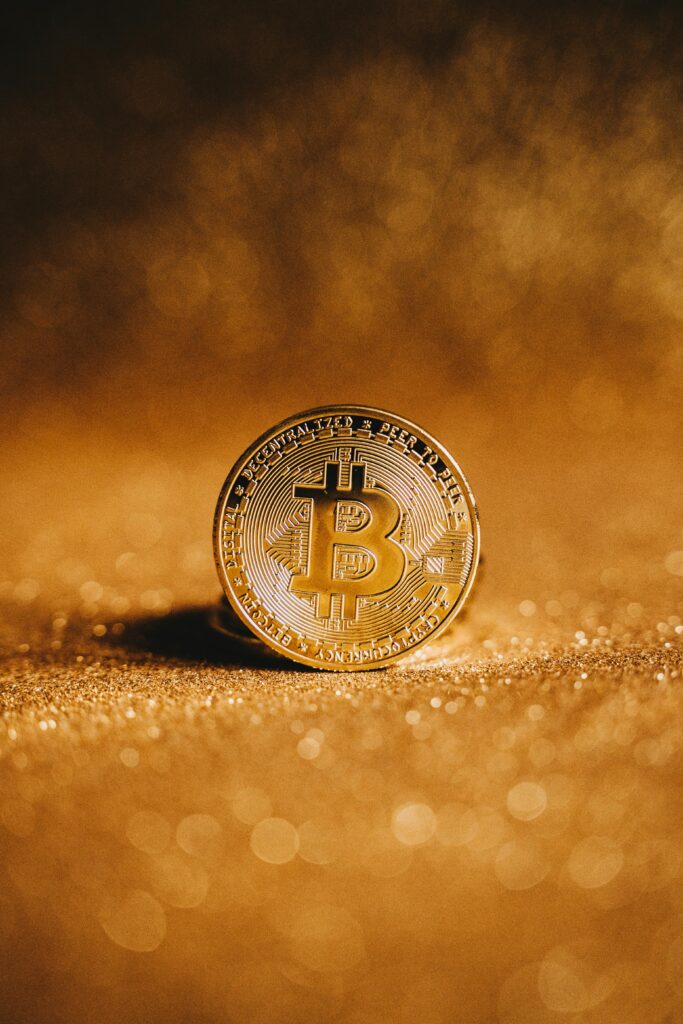Introduction
Since its launch in 2009, Bitcoin has been called many things: internet money, digital gold, and even a financial revolution. In 2025, Bitcoin is stronger than ever, but is it just a store of value like gold, or is it evolving into something more? Let’s find out.

1. Bitcoin as Digital Gold
- Bitcoin’s fixed supply of 21 million coins makes it scarce.
- Like gold, it’s seen as a hedge against inflation and economic uncertainty.
- Investors hold BTC for long-term security.
Example: A family saving Bitcoin for the next generation, just like gold bars in the past.
2. Bitcoin as a Payment System
- Lightning Network makes BTC faster and cheaper to use for everyday payments.
- In 2025, more merchants accept Bitcoin worldwide.
- Especially useful for cross-border payments without bank fees.
Example: A traveler paying for hotel stays in Europe directly with Bitcoin.
3. Bitcoin as a Reserve Asset
- Some governments and corporations now hold Bitcoin in their reserves.
- BTC is becoming part of national and corporate financial strategies.
- This boosts legitimacy and demand.
Example: A country’s central bank adding Bitcoin alongside gold reserves.
4. Bitcoin in Developing Nations
- Citizens in countries with unstable currencies use BTC to protect savings.
- Bitcoin gives financial freedom to the unbanked.
- Adoption grows fastest where traditional banking is weak.
Example: A shopkeeper in Africa accepting Bitcoin instead of hyperinflated local cash.
5. Challenges for Bitcoin
- Energy use from mining still sparks environmental debates.
- Competing blockchains offer faster transactions.
- Governments impose regulations that may slow adoption.
Example: A country requiring strict KYC checks for all Bitcoin wallets.

Conclusion
In 2025, Bitcoin is both digital gold and more. It remains a secure store of value while also evolving into a global payment system and even a strategic asset for nations. The king of crypto continues to adapt, proving it’s more than just a passing trend.